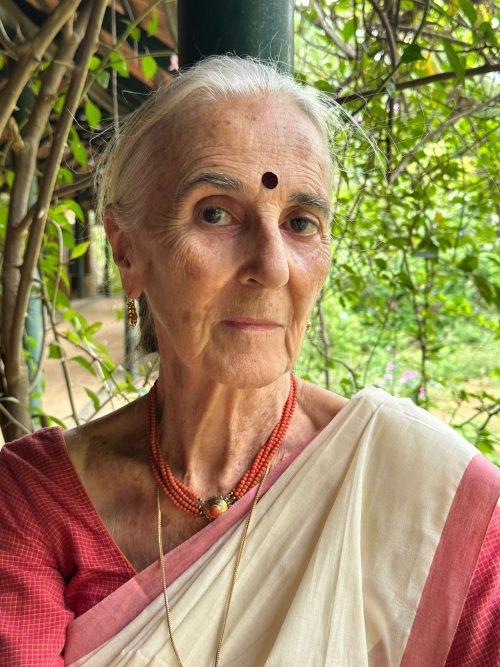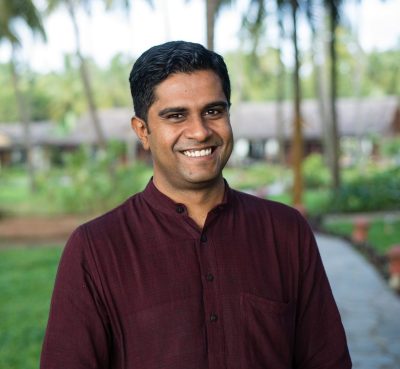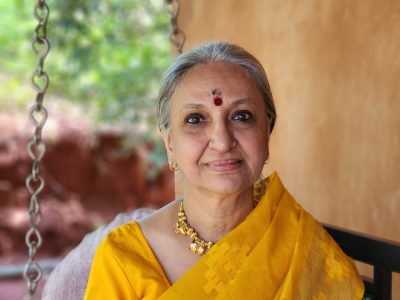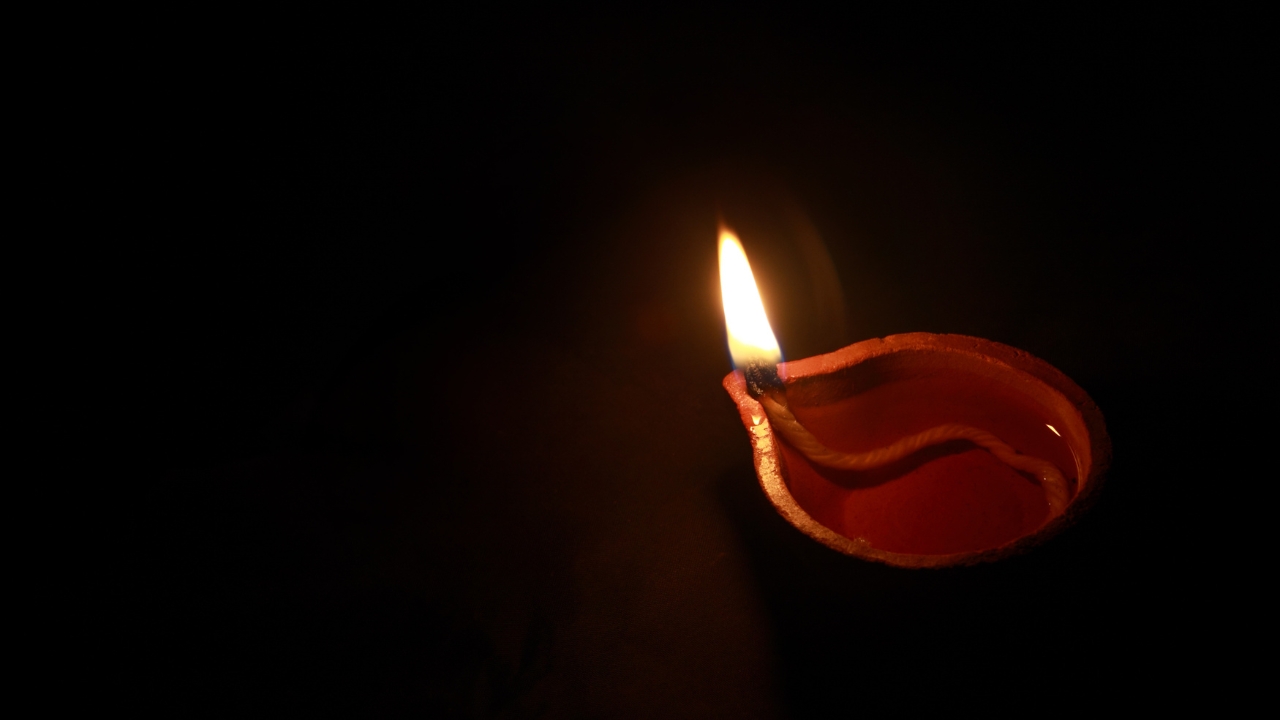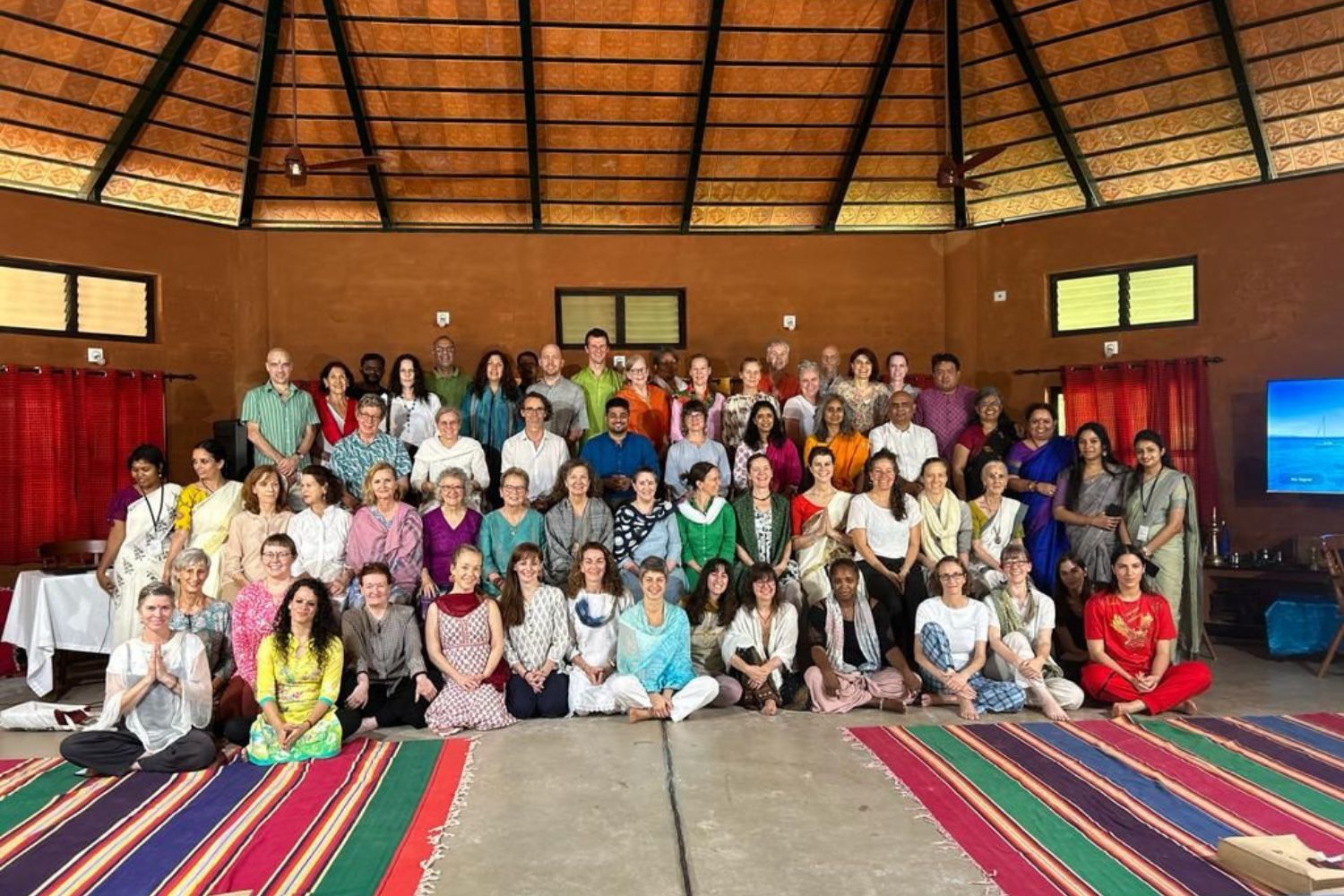Yogic Threads: Relevance of Yoga & Ayurveda in Healing Trauma with Scott Blossom, Arun & Anjali Deva
This lively discussion will create a foundational framework for how these traditional healing practices can be woven together with the modern understanding of trauma to help us gain resilience in our lives.


